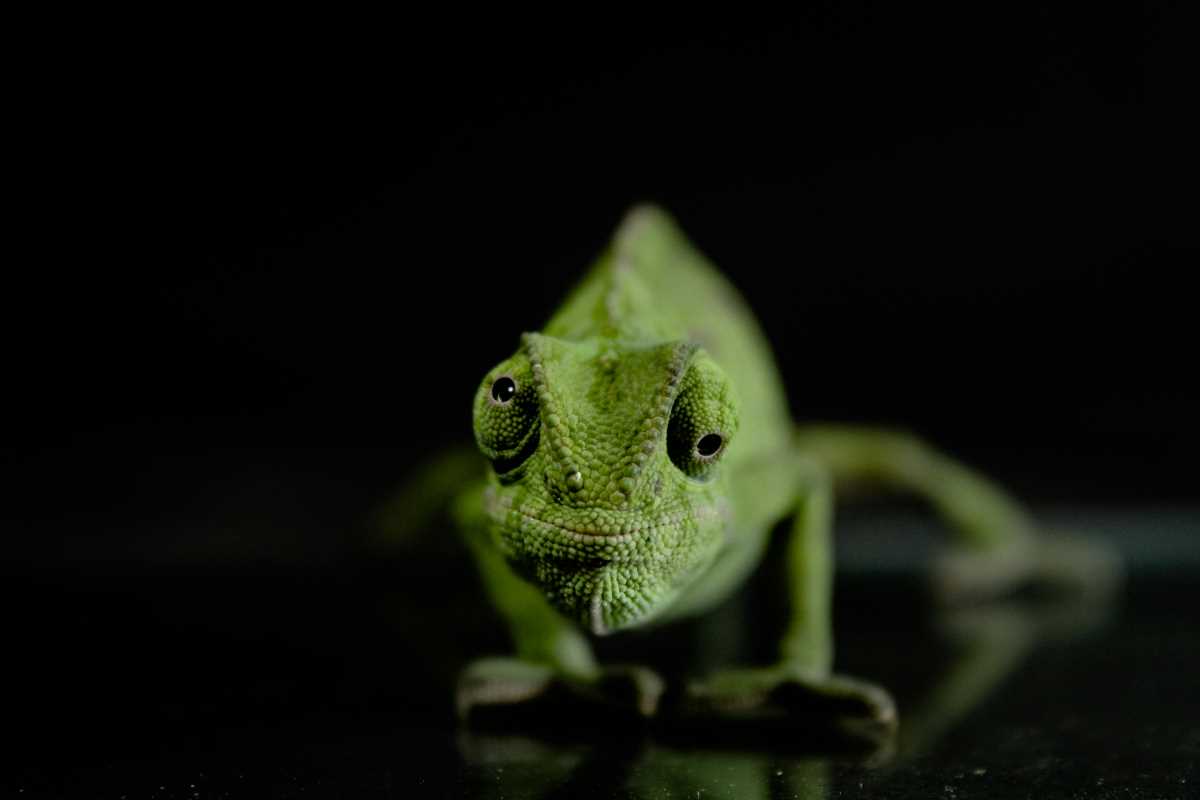Bringing an exotic animal into your home opens up a world of unique joys and challenges that are unlike those associated with traditional pets. These captivating creatures demand not only a different level of care and attention but also have specific insurance needs. As the trend of adopting exotic pets continues to rise, it becomes crucial to understand the evolving landscape of their insurance requirements. By staying informed about these trends, pet owners can ensure they provide the best possible environment and protection for their extraordinary companions.
Current Trends in Exotic Animal Pet Insurance
The demand for insurance tailored to exotic pets has surged recently. More owners recognize the need to protect their unconventional companions against unforeseen health issues and accidents. Insurance providers expand their offerings to include a variety of exotic animals, from reptiles and amphibians to more uncommon mammals like sugar gliders and fennec foxes.
A notable trend involves increasing customization of insurance policies. Providers move away from one-size-fits-all plans, instead offering flexible coverage options that cater to the specific needs of different exotic species. This shift allows pet owners to choose plans that best fit their animals' unique health requirements and the owner's financial situation.
Driving Factors Behind the Trends
Several societal and economic factors drive the growth of exotic animal pet insurance. As more people become interested in unique pets, the demand for specialized care and protection grows. The rise in disposable income among pet owners also allows them to invest more in their pets' well-being, including comprehensive insurance plans.
Advancements in veterinary medicine have made it easier to care for exotic animals, increasing their lifespan and the likelihood that owners will seek long-term insurance solutions. Social media and the internet also raise awareness about the responsibilities of owning exotic pets, including the importance of having adequate insurance coverage.
Types of Coverage Offered for Exotic Pets
- Medical Coverage: Covers veterinary bills for illnesses, injuries, and preventive care specific to the exotic species.
- Accidental Injury: Provides financial protection against accidents that can happen due to the unique behaviors and habitats of exotic pets.
- Liability Insurance: Protects owners if their exotic pet causes damage or injury to others.
- Theft and Loss: Covers the costs related to the theft or loss of the exotic animal, which can be especially important for rare or expensive pets.
- Emergency Evacuation: Ensures that the pet can be safely transported to a specialist clinic in case of a medical emergency, regardless of the owner’s location.
Challenges in Insuring Exotic Animals
- Higher Premiums: Due to the specialized care and higher risk associated with exotic animals, insurance premiums often remain significantly higher than those for traditional pets.
- Lack of Standardization: The diverse range of exotic species makes it difficult for insurers to create standardized policies, leading to limited coverage options and higher costs.
- Limited Providers: Fewer insurance companies offer specialized policies for exotic pets, reducing competition and limiting choices for pet owners.
- Underwriting Complexity: Assessing the health risks and care requirements of various exotic animals proves challenging, making it harder for insurers to price policies accurately.
- Regulatory Hurdles: Different regions may have varying regulations regarding the ownership and insurance of exotic pets, complicating the insurance process for both providers and owners.
Future Predictions and Industry Watch
Looking ahead, the exotic animal pet insurance market seems poised for continued growth and innovation. Technological advancements, such as telemedicine and data analytics, are expected to enhance the precision of risk assessments and policy customization. These tools will enable insurance providers to offer more tailored and affordable plans, making coverage accessible to a broader range of exotic pet owners.
As awareness about the importance of insuring exotic pets increases, more insurers will likely enter the market, boosting competition and driving down premiums. A rise in specialized insurance products that cater to specific types of exotic animals may also occur, providing more comprehensive coverage solutions. Keeping an eye on these developments will prove crucial for pet owners seeking the best insurance options for their unique companions.
Understanding the evolving trends in exotic animal pet insurance remains essential for ensuring the well-being of your unique pets. As the industry adapts to the growing demand and diverse needs of exotic pet owners, staying informed will help you make the best insurance choices for your beloved companions.
 (Image via
(Image via





